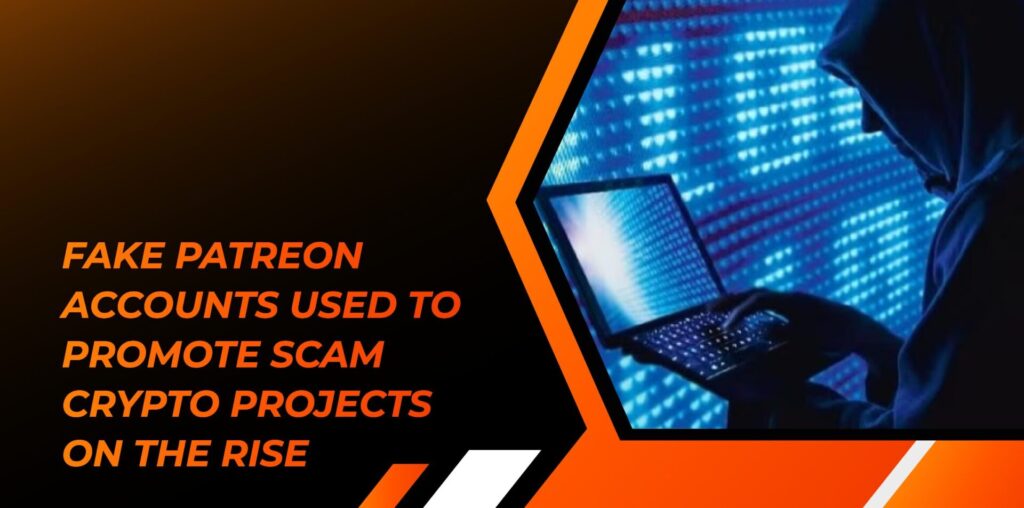- January 30, 2024
- Posted by: [email protected]
- Category:


As the crypto landscape continues to evolve, a new and concerning trend has emerged, with fraudulent Patreon accounts becoming a focal point for scams targeting crypto enthusiasts. Reports circulating on social media platforms such as X and Reddit have brought attention to a surge in phishing emails with crypto-themed content originating from Patreon, a popular platform among content creators.
The modus operandi of this elaborate scam involves scammers signing up users’ email addresses for Patreon accounts and exploiting these accounts to disseminate malicious emails promoting fake crypto projects. The first wave of these phishing attempts was noticed on January 23, with affected users recounting their experiences of receiving fraudulent airdrop offers. These deceptive offers often mimic well-known cryptocurrencies like Chainlink (LINK) and Solana (SOL), adding a layer of sophistication to the scam.
Users, frustrated by the influx of these deceptive emails, have taken to social media to voice their concerns. One user directly addressed Patreon Support, questioning when they would address the issue of crypto scammers creating accounts with stolen emails. In response, Patreon Support acknowledged the problem and claimed to have resolved it, attributing the incident to a combination of email verification issues and false claims from a crypto account posing as a Patreon creator. They assured users that affected accounts were being addressed, but reports suggest that the scam emails persist even after the purported resolution.
The persistence of these phishing scams underscores the ongoing threat they pose to the crypto community. According to Scam Sniffer, a blockchain security platform, over 324,000 cryptocurrency users fell victim to phishing scams in 2023, resulting in a staggering total loss of $295 million. The increasing frequency and sophistication of such scams highlight the need for crypto users to remain vigilant.
In light of these threats, experts emphasize the importance of adopting security best practices. Verifying the legitimacy of emails, exercising caution with suspicious requests, and implementing two-factor authentication are recommended measures to protect against phishing attacks. The skepticism expressed by some users on social media who question the efficacy of Patreon’s additional protections underscores the challenges faced in combating these evolving threats.
Despite the alarming numbers associated with phishing scams, 2023 witnessed a slight decline in hacking incidents targeting the cryptocurrency industry. A report from De.FI, a prominent web3 security firm, revealed that hackers managed to pilfer $2 billion in digital assets throughout the year. This marks the first decrease in crypto hacking incidents since 2021, according to the REKT database from De.FI, which tracks significant crypto hacks. The cumulative stolen funds underscore the persistent vulnerabilities within the decentralized finance (DeFi) ecosystem, reflecting an ongoing challenge that requires continued vigilance and security measures from the crypto community.



